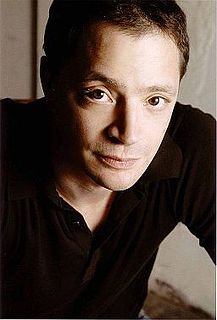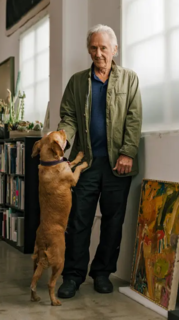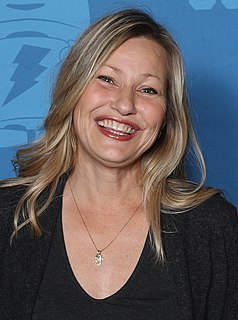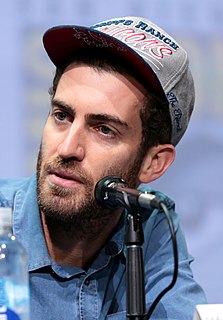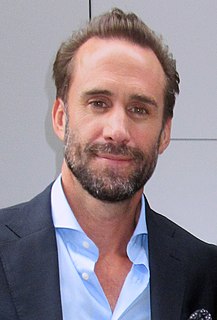A Quote by James Cameron
Go home, pick up your video camera, and make a film.
Related Quotes
There are many times in my life, when I could've thrown in the towel. Many times in my life when I was on the floor. And when you're on the floor, never allow anybody to pick you up. It doesn't matter how long you stay there, make sure you pick yourself up and dust yourself down. Whatever happens, whether you go home today or you don't go home today, that's irrelevant. What's relevant, is you take the knowledge from the experience and you grow as a person.
The difference between an amateur and a professional photographer is that the amateur thinks the camera does the work. And they treat the camera with a certain amount of reverence. It is all about the kind of lens you choose, the kind of film stock you use… exactly the sort of perfection of the camera. Whereas, the professional the real professional – treats the camera with unutterable disdain. They pick up the camera and sling it aside. Because they know it’s the eye and the brain that count, not the mechanism that gets between them and the subject that counts.
I'm very, very serious about what I do. I think there are a lot of people out there sort of thinking it's anybody's game. You know, "You pick up a camera and you make a movie." My experiences over the years have taught me there's a lot more than that to making a film - there's also getting the film seen, and all kinds of complex realities.
'How do you balance the creative with the biblical?' One could pick up the scripture and read it to oneself and you would be communing directly with that information. As soon as you go into film, as soon as there's a camera, and there's an angle, and there's lighting, and there's editing, you're into the adaptation.



